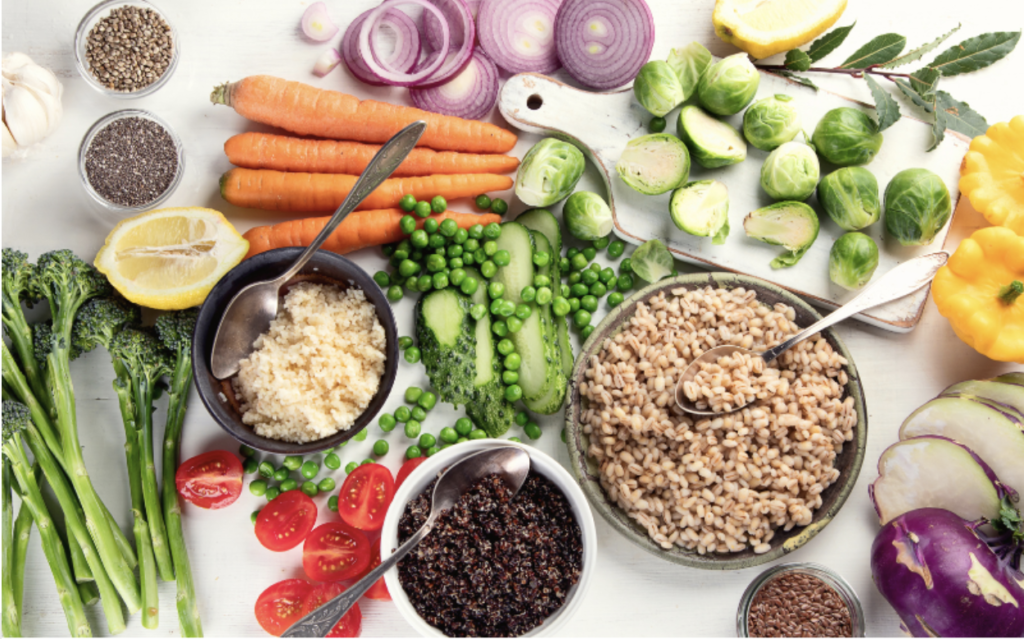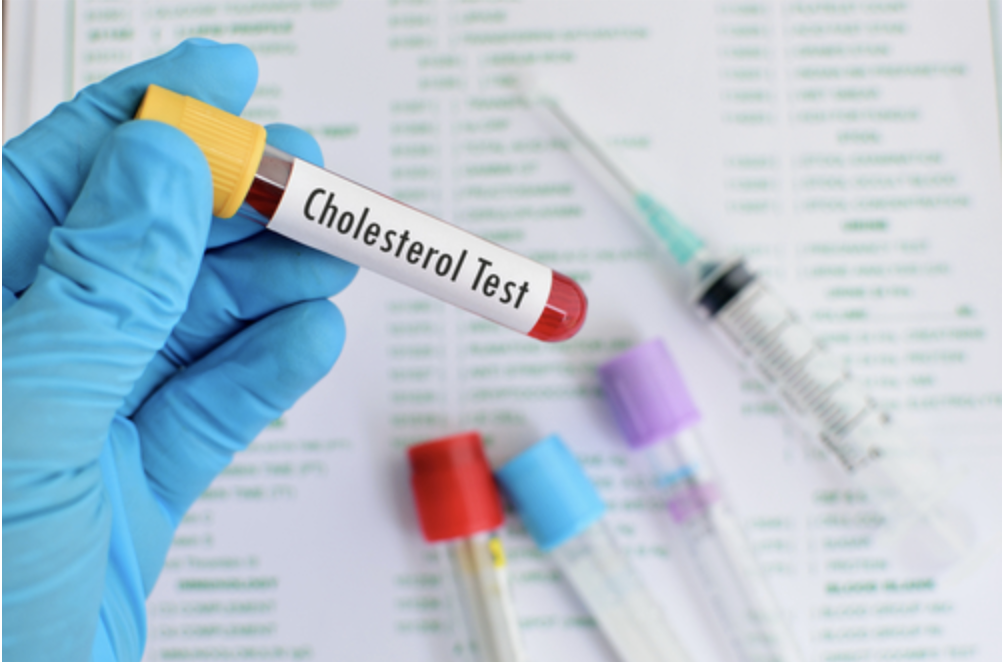
24 Feb 10 Benefits Switching to a Vegan Diet
A vegan diet involves consuming only plant-based foods while avoiding animal products like meat, dairy, and eggs. Many people choose this lifestyle for health, environmental, or ethical reasons. However, like any major dietary change, transitioning to a vegan diet can bring about certain side effects and benefits worth considering.
What is a Vegan Diet?
A vegan diet centers around plant-based foods such as fruits, vegetables, grains, legumes, nuts, and seeds. It excludes all animal-derived ingredients, including meat, poultry, fish, dairy, eggs, and honey.
Side Effects of Switching to a Vegan Diet

Nutrient Deficiencies
Vegan diets exclude animal products, which are rich sources of essential nutrients such as vitamin B12, iron, calcium, zinc, and omega-3 fatty acids. Without careful planning and attention to food choices, vegans may be at risk of developing nutrient deficiencies. Supplementing with vitamin B12, iron, and omega-3 fatty acids, or incorporating fortified foods and plant-based sources of these nutrients, can help prevent deficiencies.Digestive Issues
Increasing intake of fiber-rich foods like fruits, vegetables, whole grains, and legumes when transitioning to a vegan diet can lead to digestive issues such as bloating, gas, and changes in bowel movements. Gradually increasing fiber intake, staying hydrated, and incorporating fermented foods like sauerkraut or tempeh can help alleviate digestive discomfort.Weight Changes
Some individuals may experience weight changes when switching to a vegan diet. While some may lose weight due to a higher intake of nutrient-dense, lower-calorie plant foods, others may gain weight if they rely heavily on processed vegan foods high in sugar, refined carbs, or unhealthy fats. Monitoring portion sizes, focusing on whole, minimally processed foods, and incorporating regular physical activity can help maintain a healthy weight on a vegan diet.Hormonal Changes
Plant-based diets can influence hormone levels in the body, particularly estrogen. Some studies suggest that consuming phytoestrogen-rich foods like soy may affect estrogen levels, potentially leading to hormonal fluctuations in certain individuals. However, more research is needed to fully understand the impact of plant-based diets on hormone balance.Increased Food Sensitivities
Some individuals may develop food sensitivities or intolerances when transitioning to a vegan diet, especially if they rely heavily on specific plant foods. Common allergens and irritants in vegan diets include soy, gluten, nuts, and certain fruits and vegetables. Paying attention to how your body responds to different foods and rotating a variety of plant-based sources can help prevent the development of food sensitivities.Benefits of a Vegan Diet

A vegan diet, which excludes all animal products including meat, dairy, and eggs, has been associated with numerous health benefits. Here are 10 benefits of a vegan diet:
Lower Risk of Chronic Diseases

Weight Management

Improved Digestive Health

Lower Cholesterol Levels

Lower Blood Pressure

Better Blood Sugar Control

Reduced Inflammation

Lower Risk of Osteoporosis

Better Skin Health

A vegan diet is rich in antioxidants and anti-inflammatory nutrients, which can help improve skin health and reduce the risk of skin disorders such as acne and eczema.
Additionally, individuals seeking to manage their weight may benefit from products like Slenda Ultra “Weight Loss” Drops. Nature’s alternative to weekly or daily shots, Slenda Ultra offers oral drops designed to help shed stubborn pounds. You can learn more about Slenda Ultra and its benefits at www.fuelhealth.net.
In conclusion, while transitioning to a vegan diet can bring about certain side effects such as nutrient deficiencies, digestive issues, and changes in energy levels, it also offers numerous benefits including improved heart health, weight management, and environmental sustainability. By carefully planning meals to ensure adequate nutrient intake and considering supplementary products like Slenda Ultra, individuals can successfully navigate the transition to a plant-based lifestyle.


